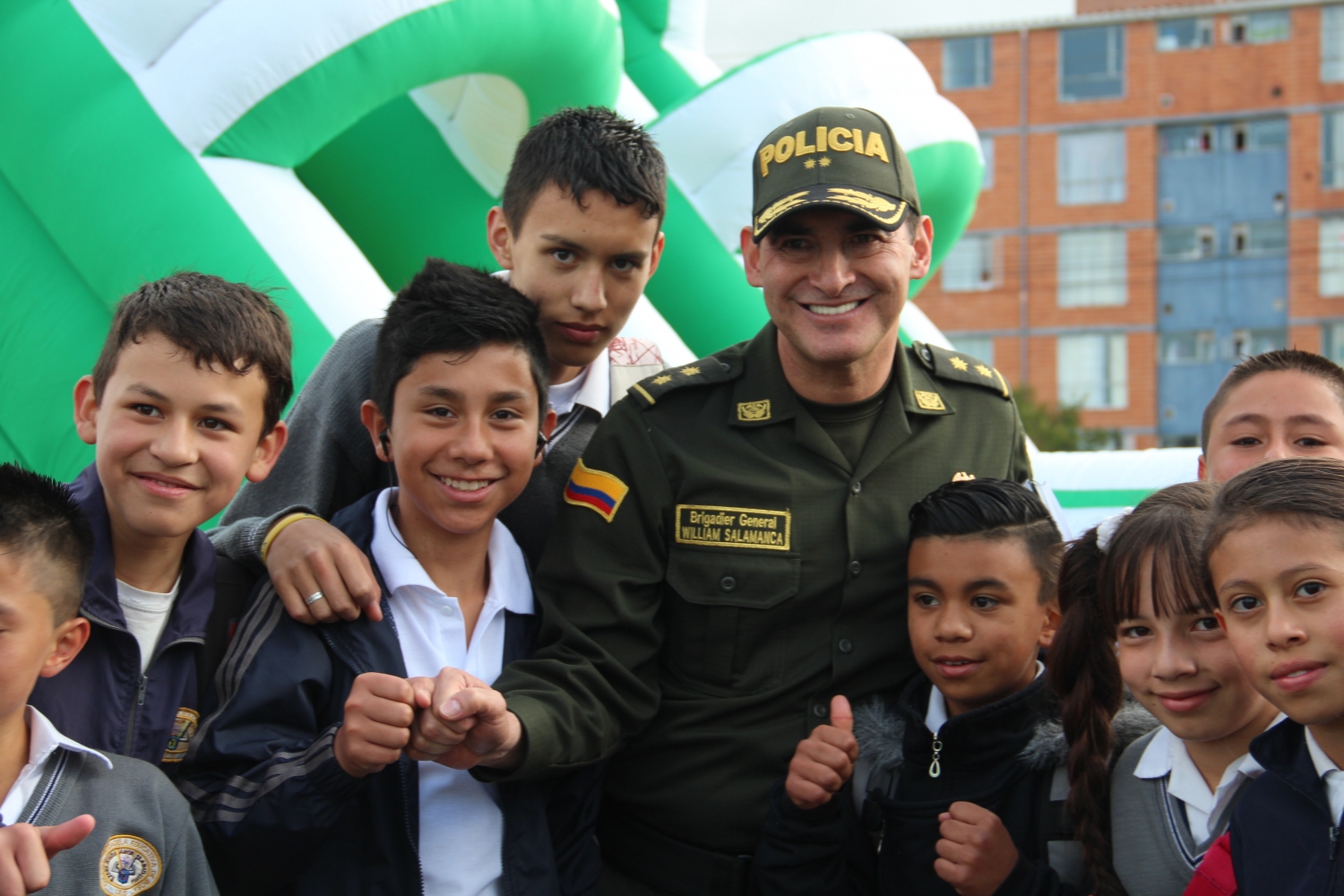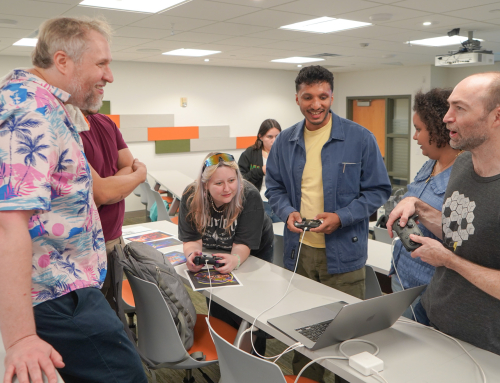Brigadier General William Salamanca, Director of Protection and Special Services (DIPRO) for the Colombian National Police (CNP), will visit the University of Miami School of Communication’s Shoma Hall on April 2 at 1 p.m. to present on the issue of commercial sexual exploitation of children (CSEC). His presentation, titled Prevention, Intervention, and Action: The Colombian National Police and the Security of Children will highlight CNP’s existing effort and the organization’s introduction of creative methods to tackle critical societal issues that affect the country’s most vulnerable – its children. The presentation will be followed by a Q&A session. This event is sponsored by UM’s Center for Communication, Culture, and Change, UM’s School of Nursing and Health Studies, El Centro, Miami Consortium for Latin American and Caribbean Studies, and UM’s Miller School of Medicine.
This presentation will also highlight a project employing creative methodologies for the prevention of CSEC. Por Nuestras Calles, funded by the Miami Consortium for Latin American and Caribbean Studies, brings together a multidisciplinary team comprised of: Lien Tran, assistant professor of interactive media, and Jessica Wendorf, doctoral student, both from UM’s School of Communication, Maria Elena Villar, associate professor at FIU’s School of Journalism and Mass Communication, and the Colombian National Police. Together, the team has developed an experiential intervention that targets the reduction of the stigmatization of victims and the tolerance of CSEC by community members.
“It’s been a wonderful experience to work with Brigadier General Salamanca and the Colombian National Police on this project. Not only because of the incredible infrastructure they provide being a national organization, but also, and perhaps most importantly, because of their great disposition and willingness to engage in a meaningful way,” says Wendorf.
General Salamanca has more than 30 years of service and has received in excess of 65 medals for his efforts in security and protection. In his current role, he is responsible for directing the work of 13,000 men and women throughout Colombia in leading the implementation of strategy to prevent and combat CSEC. Under his leadership, significant efforts have been made, resulting in the capture of individuals who violate the rights of children, neutralizing organizations dedicated to CSEC and ensuring the restoration of rights and protection of children.
“Our team is thankful for this unique opportunity to work with the Colombian National Police and to address an issue as important as CSEC. It’s always a challenge to translate all the rich data and research we’ve collected, including personal conversations with organizations and individuals affected by CSEC, into an engaging and genuine experience. It’s a testament to our research team and partners that we’ve been able to strike the right balance between what could be a harsh reality and the positive message we want to spread about the importance of protecting the children of Colombia and taking a stance against this unjust exploitation,” says Tran.
The team of Miami researchers traveled to Colombia and worked alongside the police to identify potential vulnerabilities, key barriers, and possible entry points for CSEC, leading to the creation of PNC, a role-playing game in which participants are invited to take on the character of a child vulnerable to commercial sexual exploitation. By situating game players as susceptible children, participants are able to experience some of the systematic barriers of inequality, risk and possible exposure to commercial sexual exploitation. Those who play the game have an augmented awareness of CSEC, thus increasing the likelihood CSEC will be reported to authorities.
“This project represents a genuine academic-community collaboration at the international level,” says Villar.







